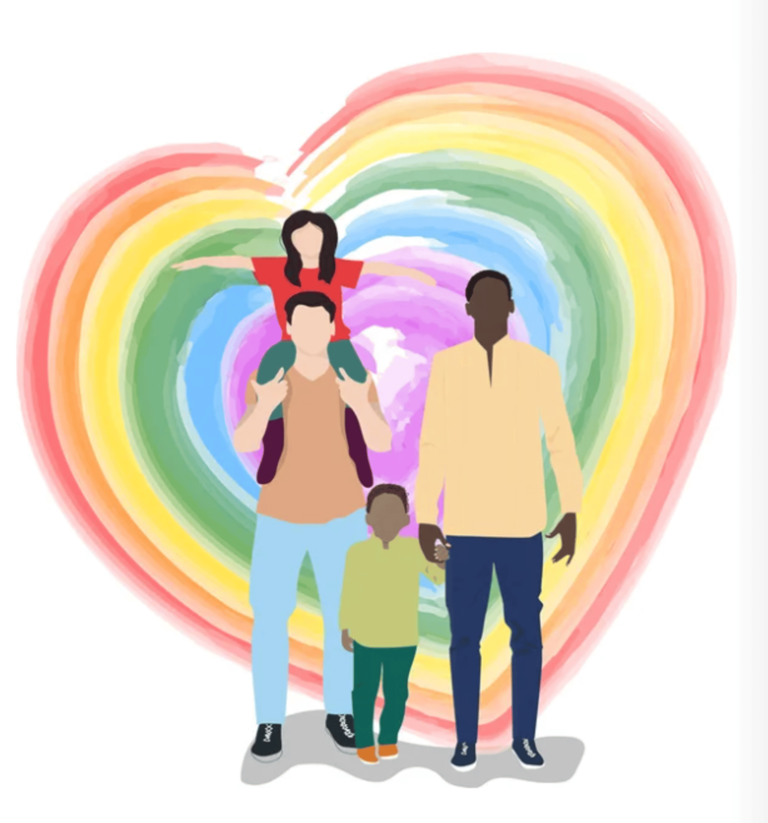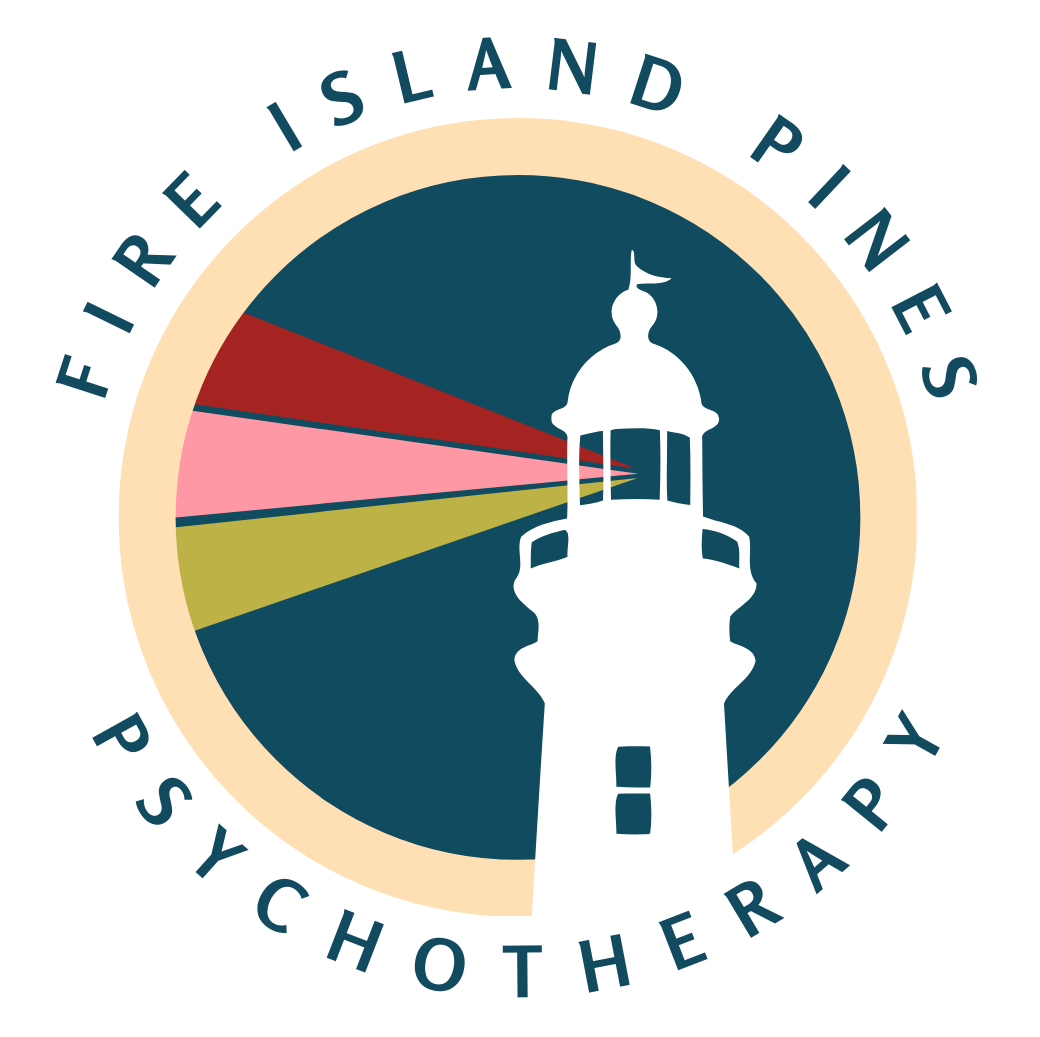Fire Island Pines
Psychotherapy Blog
Musings on Queerness, Mental Health, and Healing.

The Difficulties of Family Planning for LGBTQIA+ Folks
Whatever works for you, it is essential to know that you are not alone in this struggle of building a family and as a community we need to radically accept the idea that for us it is just that much more difficult.

